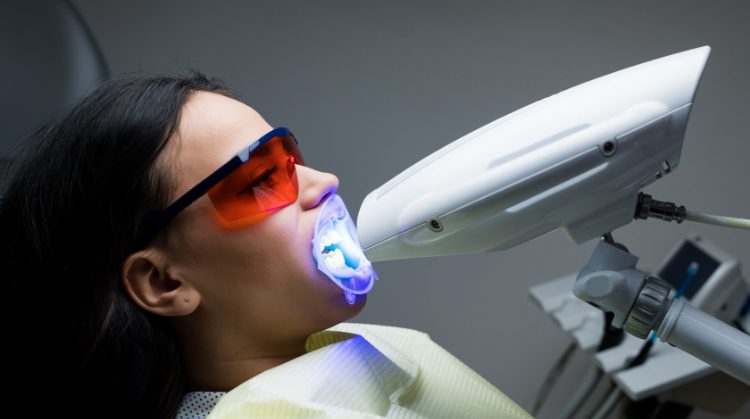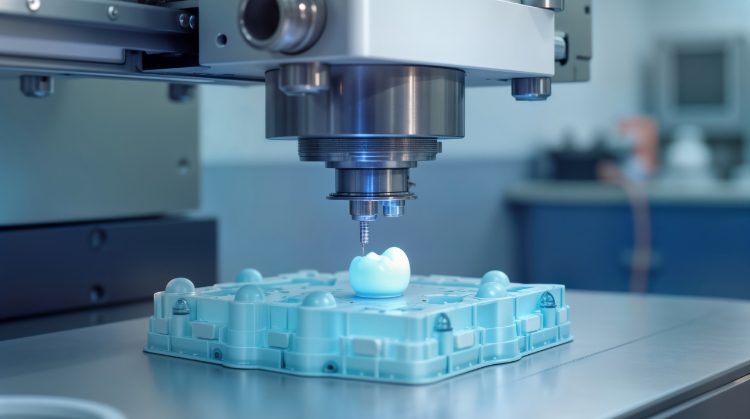
If you suffer from a TMJ disorder, you know the pain that can occur on a bad day when your jaw is feeling extra sore or your head and ears are aching. It’s important to understand which foods can trigger this flareup of pain and which foods are safer to eat when you want to control symptoms as much as possible.
It may seem obvious, but many of us miss the connection between overuse of our jaw and TMJ pain. For this reason, crunchy or hard foods are almost never a good idea for those with TMJD. Stay away from nuts, hard candies, raw fruits and vegetables that may be hard to bite into, and anything that is extra chewy. Gum, jelly candies, jerky and even meat that is cooked too long can all make symptoms worse.
Eating soft foods can help alleviate symptoms or avoid flares of pain in some cases. Many patients have also found some relief by choosing foods with anti-inflammatory properties such as those rich in omega-3 fatty acids. Try things like fish, spinach and other dark leafy green vegetables to see if this helps. You can also add more greens to smoothies to help increase your consumption of anti-inflammatory foods while also finding a meal that requires no chewing – it’s a win-win!
Unfortunately, many medical providers only treat the symptoms of TMJ disorders without addressing the source of the problem. Dr. Norman and her team are all highly trained in physiologic dentistry. This approach to TMJ disorder treatment focuses on correcting the alignment of the jaw to the optimal position in order to help the teeth come together as they should and alleviate any pain or dysfunction. State-of-the-art computerized instruments are used to measure the jaw and its movements along with muscle activity to find the source of the problem and the ideal fit for your bite.
For more information on how physiologic dentistry works or to schedule a consultation with Dr. Norman and her dream team, call us today at 425-320-0729.



